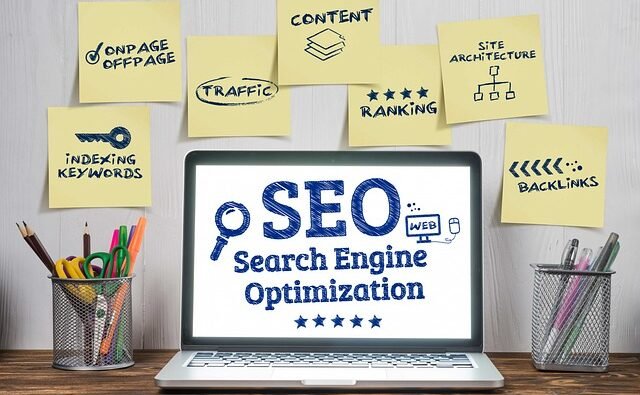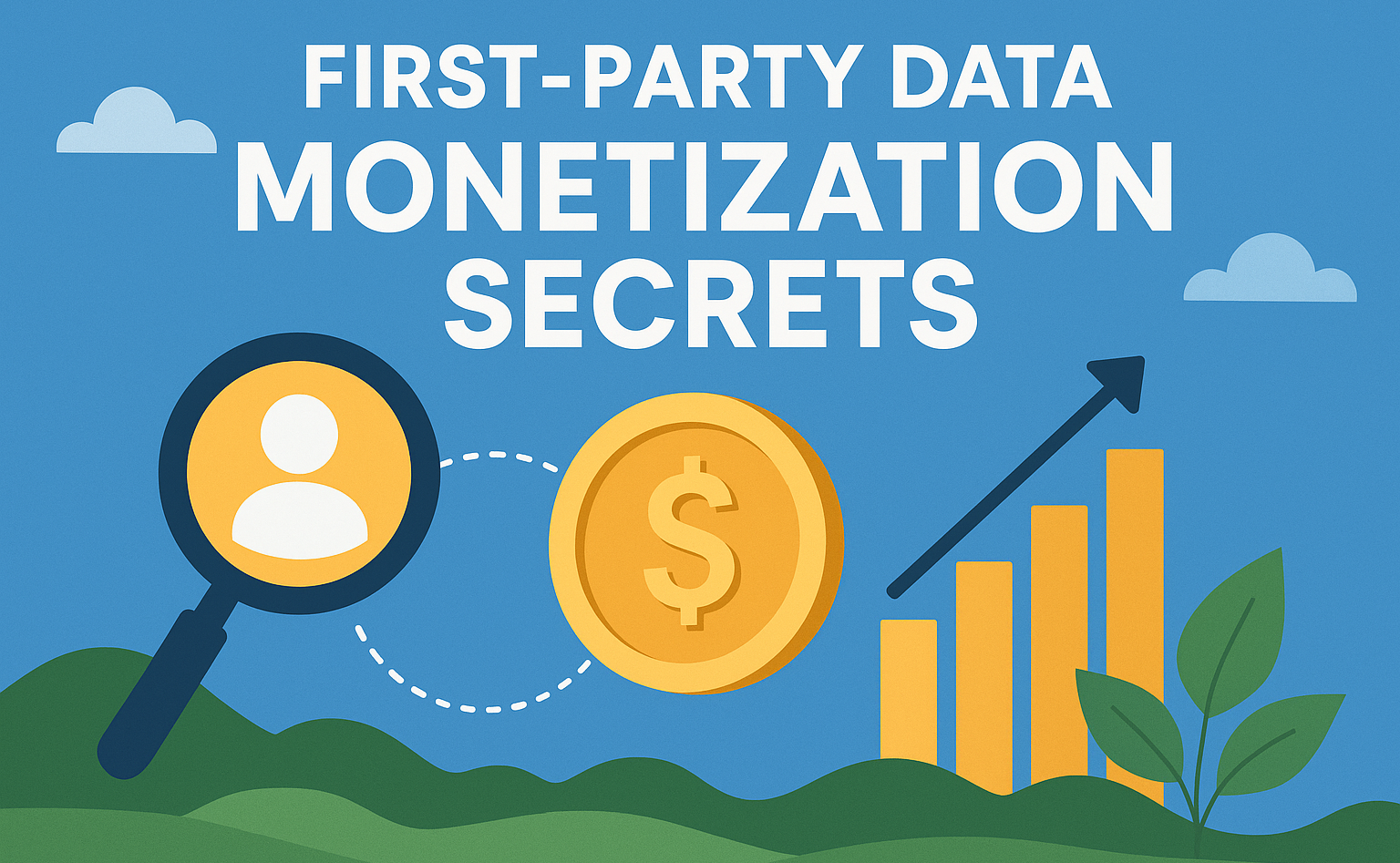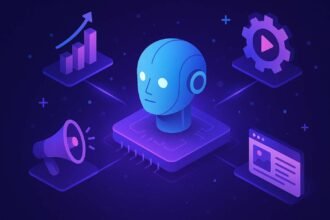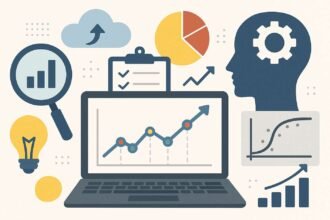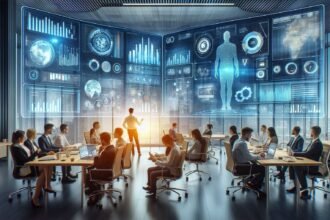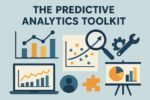Search Engine Optimization (SEO) was a craft for almost twenty years. It required a mix of technical skill, creativity, and gut feeling. Marketers used their gut feelings, experience, and a constant desire to know how Google ranked content. That time is over. Artificial intelligence is no longer just a tool for marketers; it’s becoming the marketer itself.
The old saying that “AI is just an assistant” is no longer true. To stay alive in SEO, you need to know how AI has changed the rules and what role people still have to play.
Why Humans Were Always at a Loss
SEO has always been hard. And no matter how skilled, people can’t do things that machines can.
| Limitation | Human Approach | AI Benefit |
|---|---|---|
| Processing Data | Use spreadsheets and some data to make educated guesses | Find patterns that people miss by looking at trillions of data points at once |
| Cognitive Bias | Decisions shaped by intuition, nostalgia, and confirmation bias | Just based on data, with no ego or feelings involved |
| Quickness | Weeks to research, write, and improve content | Can make and improve several pages in a few hours |
| Scale | Manage one or two websites at a time | Keep an eye on thousands of websites at once |
In short, the human brain can’t handle the size, speed, and complexity of SEO today.
How AI is Taking Over SEO Jobs
AI is not only faster, but also smarter, more reliable, and never stops. This is how machines are taking the place of traditional SEO processes:
1. Keyword Research on Autopilot
- Before: Manually looking up search volume, difficulty, and making guesses about what users want
- Now: AI looks at terabytes of search data to find not just single keywords but whole groups of them. It can even predict trends before they show up in traditional tools
2. Making Content at the Speed of a Machine
- Before: Writers would spend hours or days writing content and then optimizing it by hand
- Now: AI makes structured, useful content based on the pages that get the most traffic. It takes care of things like keyword density, semantic relevance, tone, and even SERP features
3. Technical SEO Monitoring Around the Clock
- Before: Checking the site every three months and crawling it by hand for mistakes
- Now: AI keeps an eye on websites all the time, finds problems right away, and can even give you the exact code to fix them
4. Building Links in a Smarter Way
- Before: Sending generic emails, doing basic competitor research, and reaching out by hand
- Now: AI scores thousands of possible links and writes very personalized outreach emails, which makes success rates go through the roof
5. Advanced Strategy and Data Analysis
- Before: People looked at Google Analytics and Search Console, but they couldn’t make many predictions
- Now: AI links small changes in rankings to updates to algorithms, predicts how well content will do, and finds chances that people would miss
The Human Role in the Age of AI
Does this mean that people are no longer needed? Not completely. The job is changing from worker to planner.
Important skills for an AI SEO Strategist are:
- Strategic Vision: Know what the business wants to achieve, what the audience needs, and how to plan SEO at a high level
- AI Fluency: Learn how to use AI tools and workflows and combine them in a smart way
- Creative Oversight: Come up with campaign ideas, make sure they fit with the brand, and check that the facts are correct
Think of it as going from “doer” to “director.” AI does the work, and people set the direction.
The Future of SEO: Working Together with People and Machines
It’s clear from the evidence that AI is in charge of SEO. But people still have control. Those who can do the following will be successful:
- Set the right goals for AI to work toward
- Make it easy for AI to work on many SEO tasks at once
- Understand what the data means and make big decisions
You have a clear choice: become a strategic AI operator or risk becoming useless.
The bottom line is that SEO is still around, but the time for manual, hands-on optimization is over. AI is the new powerhouse, and humans are now in charge of making decisions, coming up with new ideas, and planning.


